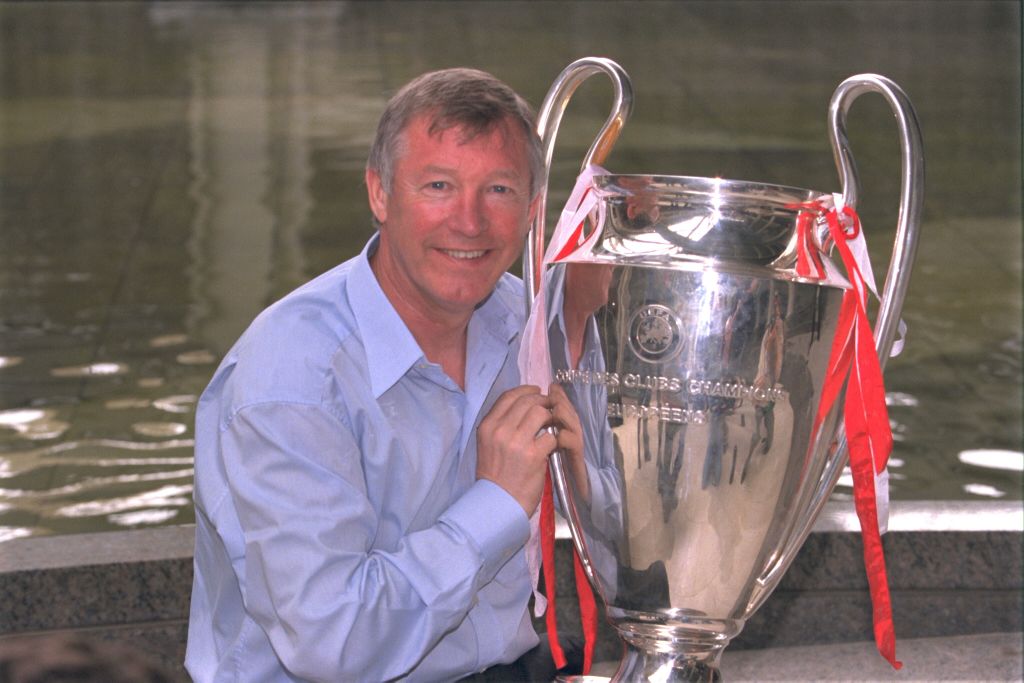When Sir Alex Ferguson announced his retirement from Manchester United in May 2013, it marked a pivotal moment for one of football’s most storied clubs. After leading the team to an impressive 13 Premier League titles, five FA Cups, and two Champions League titles, Ferguson left behind a legacy that was not just about winning, but about transforming Manchester United into a global powerhouse.
Javier Hernandez, a Mexican striker who was part of the squad during Ferguson’s tenure, shared his insights on the transition following the legendary manager’s departure. Signed by Ferguson in 2010, Hernandez recalls the profound impact Ferguson had on players and the club’s culture.
“For me, he was the best because in 27 years at that club, he changed not only players but the coaching staff and still delivered results,” Hernandez said in an interview. He emphasized Ferguson’s unique ability to develop players, stating, “He helped players develop in amazing ways. He was way more of a manager than a coach.”
The announcement of Ferguson’s retirement shocked the football world, including Hernandez. The news came as the team gathered at Carrington for training, with Hernandez recalling the moment: “There had been rumours the day before in our group chat, but we found out when we arrived at Carrington the next morning.” Ferguson explained that he had decided to step down following the death of his wife’s sister, a personal loss that influenced his decision.
Hernandez reflected on the challenges that followed Ferguson’s exit, stating, “Trying to get another Sir Alex Ferguson was the wrong move, in my opinion. They should have tried something different.” He noted that Ferguson was more than a tactical coach; he embodied a culture that made Manchester United feel like a family.
The Shift in Culture at Manchester United
After Ferguson’s departure, Hernandez observed a significant change in the club’s environment. He explained that during his time under Ferguson, Carrington felt like a fortress, a place where everyone—players, coaching staff, and even the kitchen staff—worked towards a common goal.
“The culture was the biggest change,” he stated. “In my three years with him, when you went into Carrington, it felt like a family. Everyone was happy to be there.” Hernandez credited Ferguson with establishing high standards that permeated every level of the club, fostering a sense of unity and purpose.
In stark contrast, Hernandez experienced a shift when David Moyes took over as manager. He described Moyes’ approach as an attempt to overhaul the existing culture rather than build upon it. Hernandez remarked, “When Sir Alex left, they thought the culture would stay the same, but it didn’t.”
The aftermath of Ferguson’s retirement brought challenges for Manchester United, as the club struggled to maintain the success and ethos established during his reign. Hernandez’s tenure at the club lasted until 2015, including a loan spell at Real Madrid during the 2014/15 season, but he continued to feel the effects of the transition.
As Manchester United navigated through these turbulent times, Hernandez’s reflections serve as a reminder of the complexities involved in succession planning for any organization, especially one with a legacy as rich as that of Manchester United. The club’s future now hinges on its ability to redefine its identity and culture, aiming to recapture the glory days that were synonymous with Ferguson’s leadership.
